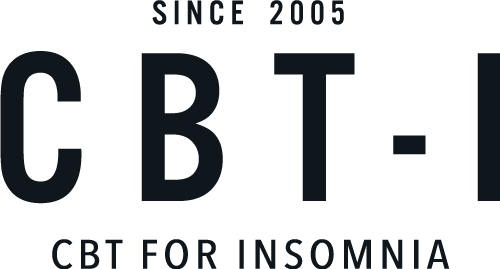Psychedelics are a Revolutionary Treatment for Depression.
Many insomnia patients have major depression that is resistant to treatment. Fortunately, recent studies from psychedelic medicine research centers at Johns Hopkins, Duke, NYU, UCLA, Michigan, Harvard, and Berkeley have reported groundbreaking results for the treatment of treatment-resistant depression and major depressive disorder. Improvement and remission rates for these disorders are double or triple those of SSRI medications after just one psychedelic medicine treatment session. Psychedelics also occasion experiences similar to spontaneously occurring mystical experiences in the majority of patients, with corresponding improvements in personality that appear to be permanent.
Recent neurobiological research suggests that the effects of psychedelics are due in large part to disabling of the brain’s default mode network as the neurobiological basis of the conscious self (the ego), and the corresponding emergence of the core emotional self (CES) from ancient, unconscious brain regions. The CES is a highly evolved element of the brain that is preserved through many species, including all mammals, birds, and other creatures, rather than being unique to humans. Although not self-conscious, the CES is an innate, primordial self that has the power to consciously feel. Because feelings may have been the first sources of consciously felt experience in the brain, the CES may have been the first form of consciousness that evolved on earth. It is inherited and independent of the individual, and may represent a trans-species concept of a core emotional self.
For more information on the neurobiological mechanisms underlying the therapeutic effects of psychedelics, click here.
